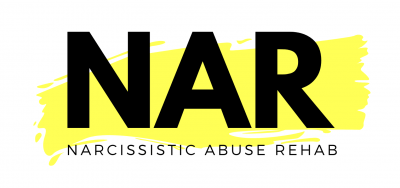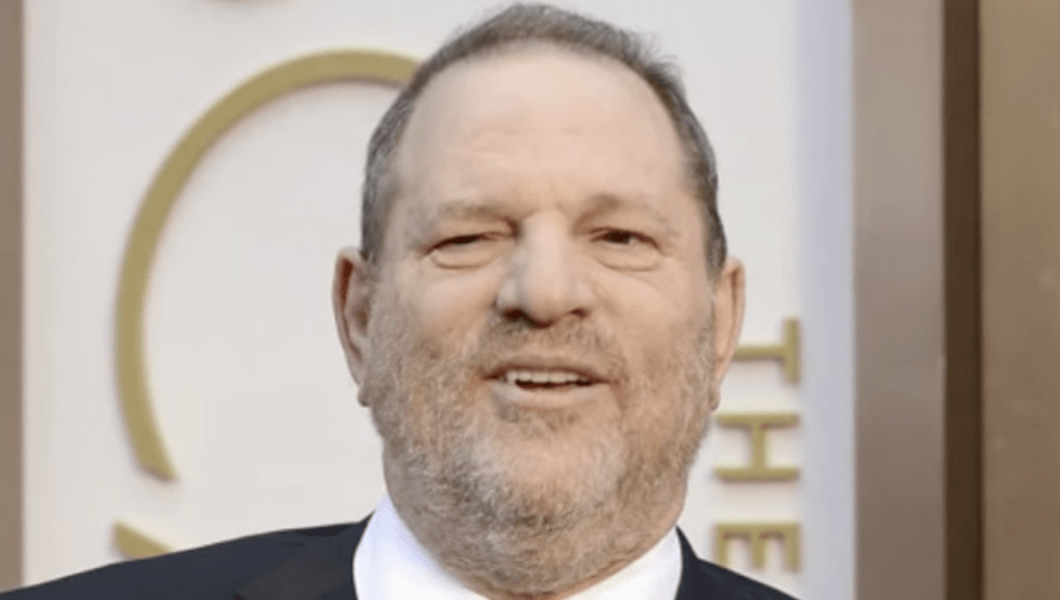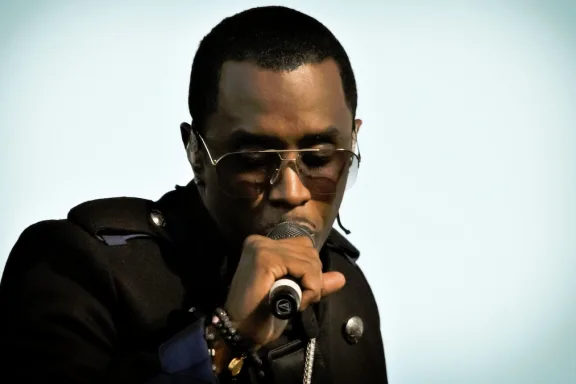Harvey Weinstein’s L.A. conviction stands firm amid overturned NY verdict. Legal battles continue in landmark #MeToo case.
#MeToo
The hashtag #MeToo came to prominence on Twitter. Its first use was in 2006.
Tarana Burke, a community organizer, sexual abuse survivor, and social justice activist, is the originator of the hashtag. Her mission is “empowerment through empathy.” She provides support for survivors of sexual assault and harassment from vulnerable groups.
In 2017, actor Alyssa Milano tweeted the hashtag in response to allegations of sexual abuse against Harvey Weinstein. Milano suggested that people who experienced sexual harassment or assault use the #MeToo as a status, in the hope of helping others understand the magnitude of the problem.
The hashtag went viral. Several Hollywood celebrities, including Ashley Judd, Anthony Rapp, Gwyneth Paltrow, Terry Crews, and Uma Thurman, used it in their Tweets. This gave rise to the #MeToo movement.
New York’s highest court has overturned Harvey Weinstein‘s 2020 conviction on felony sex crime charges, marking a significant reversal in a case that was foundational to the #MeToo movement. The decision, handed down by the New York Court of Appeals on Thursday, cited crucial mistakes made by the trial judge. Furthermore, the decision reflects a trend in high-profile cases where…
Harve Pierre, former president of Bad Boy Entertainment, has responded to the sexual assault allegations he is facing with ‘disgust.’
Joi Dickerson Neal is the second individual to allege that music mogul Sean ‘Diddy’ Combs drugged and raped her in 1991. She lodged a complaint in Manhattan Supreme Court on November 23, 2023. Her action came just one day before the expiration date of the New York State Adult Survivors Act. She alleges that, in addition to the sexual assault,…
Sean ‘Diddy’ Combs breaks his silence as the fifth accuser comes forward with allegations of rape.
Statistics show that in every 1000 cases of sexual assault, only 25 perpetrators do jail time. Why is the criminal justice system failing vimctim-survivors?
FOR THREE DECADES powerful people have spoken for and spoken over Dylan Farrow, silencing her voice and robbing her of the opportunity to tell her story in her own words. Despite relentless and public gaslighting from people who ought to have protected her, she has never wavered in her testimony. Tonight Episode 2 of the documentary miniseries Allen v Farrow will air…
GÉRARD DEPARDIEU, 72, has been charged with rape and sexual assault of a 22-year-old colleague. His attorney, Hervé Temime, told AFP on Tuesday that the French actor, “completely rejects the accusations.” The alleged sexual assault and rape took place at one of Depardieu’s homes in Paris on August 7 and August 13, 2018, while they were rehearsing a scene from a…
FKA twigs opened up to journalist Gayle King on CBS This Morning about the alleged abuse she suffered at the hands of actor Shia LaBoeuf. In her first television interview since taking legal action against him in December 2020, the Grammy nominee also took the opportunity to name and define some of the common behaviors of perpetrators of domestic abuse….
Justin Timberlake has made a public apology to Britney Spears and Janet Jackson in the aftermath of the release of The New York Times Presents Framing Britney Spears on Hulu. The documentary highlights the glaring misogyny that shaped the narrative of Spears and Timberlake’s breakup in 2002. Background of Justin Timberlake and Britney Spears Timberlake is being criticized for smearing and slut-shaming…










